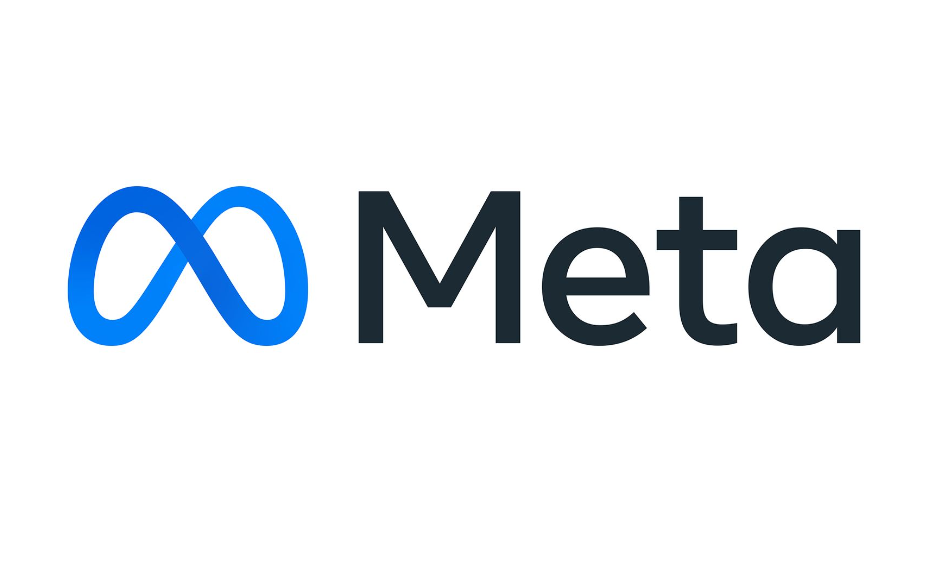Zuckerberg Unveils Meta's 'Personal Superintelligence' Vision
Meta's Bold Leap into Personal Superintelligence
In a significant move that could reshape the AI landscape, Meta CEO Mark Zuckerberg has published a groundbreaking letter titled "Personal Superintelligence," revealing the company's ambitious roadmap for artificial intelligence development. The document outlines Meta's vision to create individualized superintelligent systems while raising important questions about open-source accessibility.
The Promise of Personalized AI Power
Zuckerberg's letter positions personal superintelligence as the next evolutionary step in AI development. While acknowledging current AI systems show early signs of self-improvement, the Meta CEO emphasized that progress remains too slow. "The task of developing superintelligence is imminent," Zuckerberg stated, while admitting the ultimate societal impact remains uncertain.

The letter strikes an optimistic tone about superintelligence's potential to usher in an era of "personal empowerment," where individuals gain unprecedented autonomy to effect change. This vision directly contrasts with competing approaches that advocate for centralized superintelligence systems controlled by select organizations.
Open Source vs. Proprietary: A Strategic Shift?
Perhaps the most scrutinized aspect of Zuckerberg's communication concerns Meta's future approach to AI technology sharing. While reaffirming commitments to broad benefit distribution, the CEO notably stated: "We need to take a strict approach to reduce these risks and be cautious about the content we choose to open source."
Industry analysts interpret this as signaling a potential strategic pivot toward more proprietary technology development, particularly for core AI advancements. Such a move would represent a significant departure from Meta's previous open-source initiatives like Llama and could influence broader industry trends.
Balancing Innovation with Responsibility
The letter dedicates substantial attention to AI safety considerations, acknowledging both the transformative potential and inherent risks of superintelligent systems. Zuckerberg emphasized Meta's commitment to developing safeguards alongside technological advancements, though specific protective measures remain unspecified.
This dual focus on rapid innovation and risk mitigation reflects growing industry recognition that AI governance must evolve alongside technical capabilities. The approach may also serve as strategic positioning as global regulators increase scrutiny of AI development practices.
Key Points:
- Meta aims to develop personalized superintelligence accessible to individuals rather than centralized systems
- The company signals potential shift toward more closed-source development for core AI technologies
- Zuckerberg emphasizes both the empowerment potential and security risks of advanced AI
- Strategic balance between innovation acceleration and responsible development emerges as priority
- Industry analysts watching closely for impacts on open-source AI ecosystem